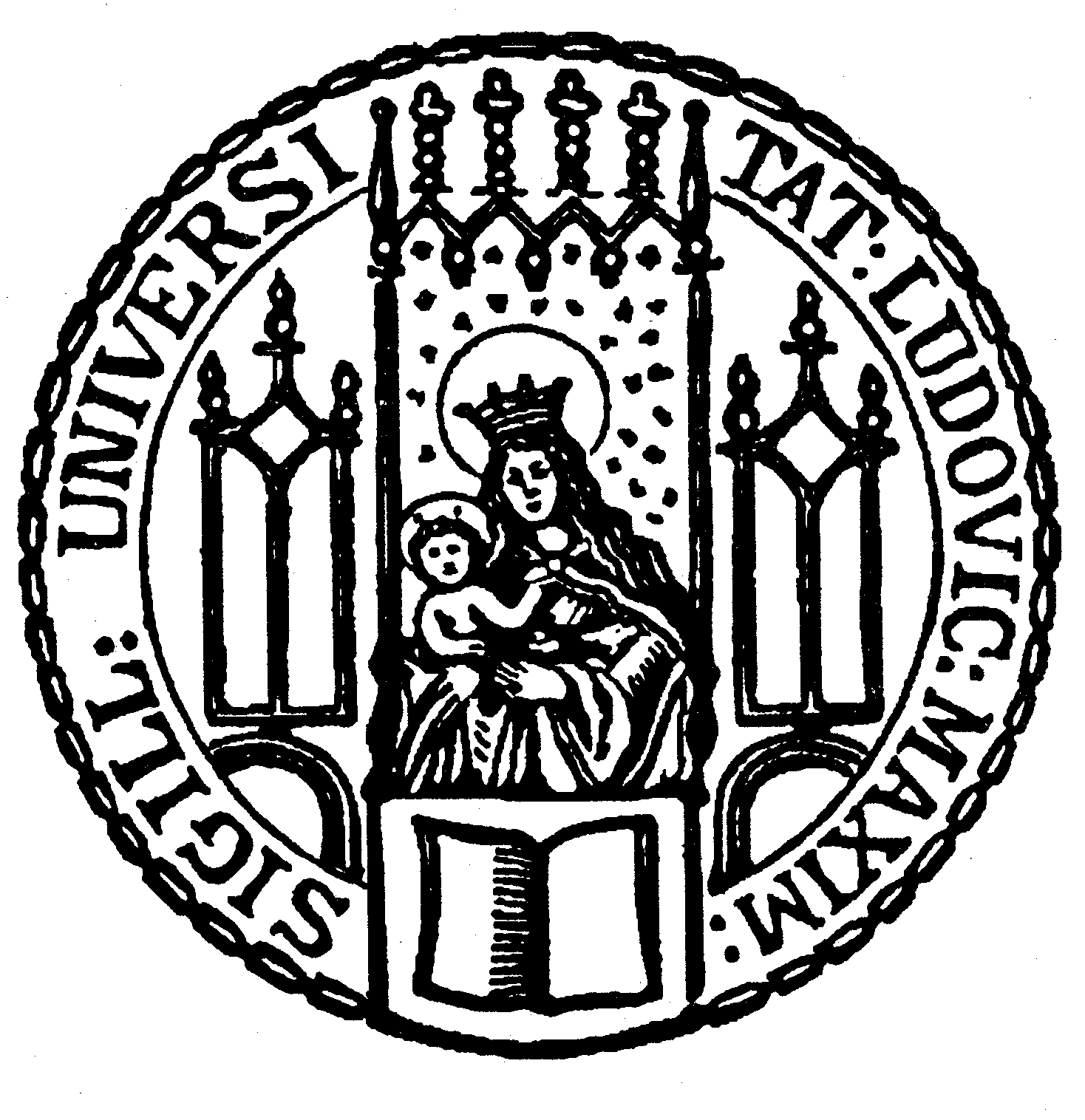
Institut für Englische Philologie
Ludwig-Maximilians-Universität München

The first session of the first part consists of a brief introduction to the subject. A selection of short texts from various time periods illustrates certain aspects. An introduction to the Oxford English Dictionary is intended to prepare students to work with this immensely important publication.
Knowledge of the Indo-European language family is important as a basis for the study of historical linguistics. Students learn its subdivision into various groups, and how the Germanic branch differs from the other branches. Particular emphasis is paid to the First Germanic Consonant Shift (Grimm's Law) as well as Verner's Law.
The main focus of the first part is the Old English period, which is treated in some detail, as it produced the oldest texts in the English language. It also has several affinities with German. Students are confronted with various linguistic developments as well as inflections in order to understand the synthetic nature of Old English in contrast to the analytic language of today. Throughout this study the focus is on the most important dialect at the time, namely West Saxon, which is illustrated by sample texts written in this dialect.
The twelfth century is generally taken as the start of the Middle English period. Just as in Old English, there is no fixed written standard either. In addition to various dialects, there are major differences between early texts and material from later times, such as the end of the fifteenth century. Emphasis during this period is on the continuing change within several linguistic categories.
Early Modern English has often been termed a transitional period between the language of the Middle Ages and the establishment of today's standard. In fact, it was during this time that one of the most important sound changes in English language history took place: the Great Vowel Shift. This process will be covered in detail. Another crucial aspect was the introduction of many new words to the English language, which will be discussed. Early Modern English was also the language of Shakespeare, and an analysis of his linguistic environment is intended to lead students to a better understanding of his works.
The English language continued to change after the Early Modern English period. The development of some modern varieties of English encountered around the world as well as their differences and common origins are presented towards the end of the second semester.
The main assessment factor for the successful passing of this lecture will be a final examination. Regular participation in all sessions is strongly advised. It is essential that students read both the textbook and the suggested further publications and that they also visit the links below:
Textbook: